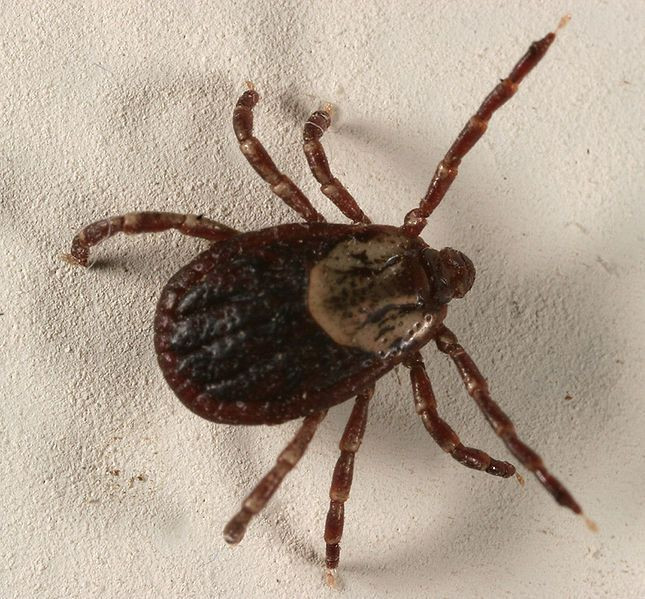New Lyme Disease Vaccine Promising In Clinical Trial

Lyme disease, unknown before 1975, is now the scourge of summer time hikers and has spread across the northern hemisphere from humble origins in Connecticut. A bacterial infection carried by deer ticks and picked up in high grasses, the disease can cause severe inflammation in joints, heart problems, and nervous system disorders. Antibiotics are the usual course of treatment for the infection, but are not helpful unless administered soon after infection.
A vaccine that was developed by GlaxoSmithKline was effective in 76 percent of adults and 100 percent of children in providing immunity. LYMErix was approved in 1998 in the U.S., but because of the high cost and allegations that the vaccine caused, adoption of the vaccine was low. It was withdrawn from the market by 2002, even though highly publicized side effects were found not to be related to the vaccine.
Now, a new vaccine that protects against all major strains of the bacteria is showing promise in mid-stage clinical trials. Collaborative efforts among Stony Brook University, Brookhaven National Laboratory, and the pharmaceutical company Baxter are showing promise with a publication in The Lancet that said the new vaccine is safe, had no side effects, and produced a protective immune response in all 300 study participants.
In the study, the vaccination included three immunizations and one booster shot. Some of the vaccinations included adjuvant, a chemical used to boost the immune response to immunizations, which is common in vaccines. Patients all produced high antibody levels against the borreliosis bacteria.
"The results of the clinical trial conducted by Baxter are promising because the vaccine generated a potent human immune reaction, covered the complete range of Borrelia active in the entire Northern hemisphere, and produced no major side effects," said Dr. Benjamin Luft, a co-author on the paper. "We hope that a larger-scale, Phase 3 trial will demonstrate not only a strong immune response but true efficacy in a large population that illustrates protection against Lyme disease."
The researchers created chimeric, or hybrid, proteins that contained parts from different Borrelia strains in order to create a vaccine that protected from all types of Lyme disease. "After a series of experimentations and refinements, formulations consisting of these new OspA proteins were shown to protect against a broad spectrum of Lyme disease spirochetes," said Dr. Luft, summarizing the research results. In 2011 more than 24,000 Americans were diagnosed with Lyme disease, according to the Centers for Disease Control and Prevention.
Wressnigg N, Pöllabauer E, Aichinger G, etal. Safety and immunogenicity of a novel multivalent OspA vaccine against Lyme borreliosis in healthy adults: a double-blind, randomised, dose-escalation phase 1/2 trial. The Lancet Infectious Diseases, 2013; DOI: 10.1016/S1473-3099(13)70110-5. Accessed May 10, 2013.



























